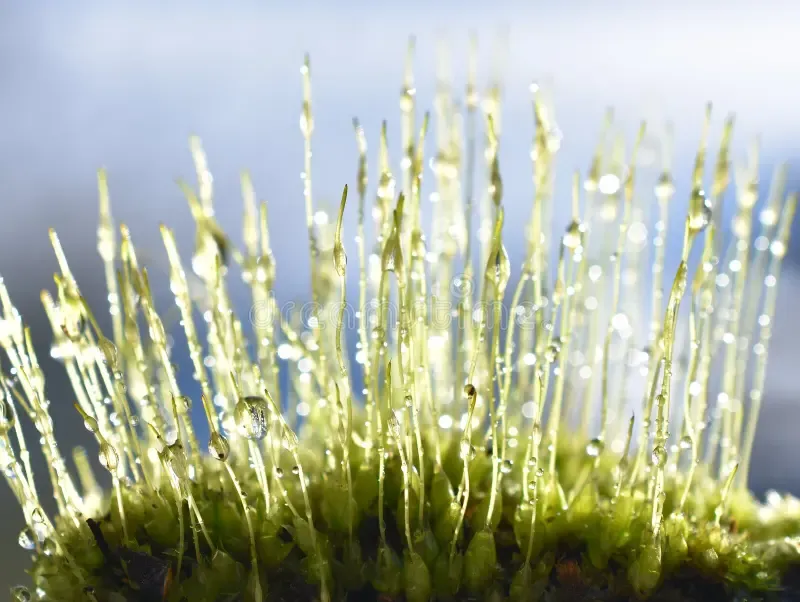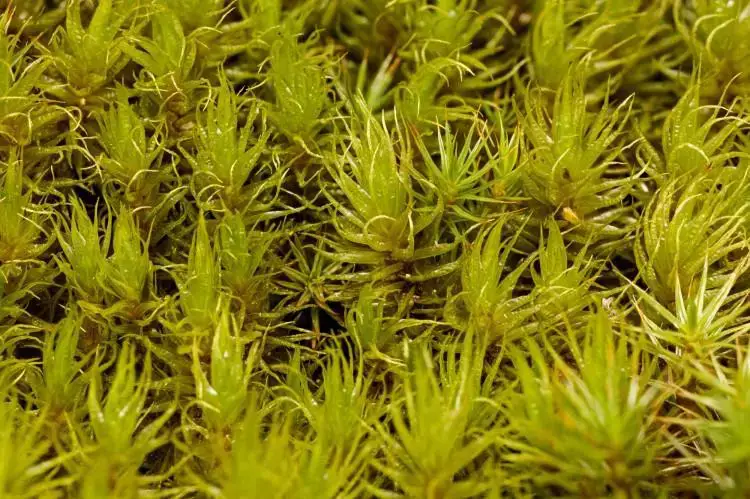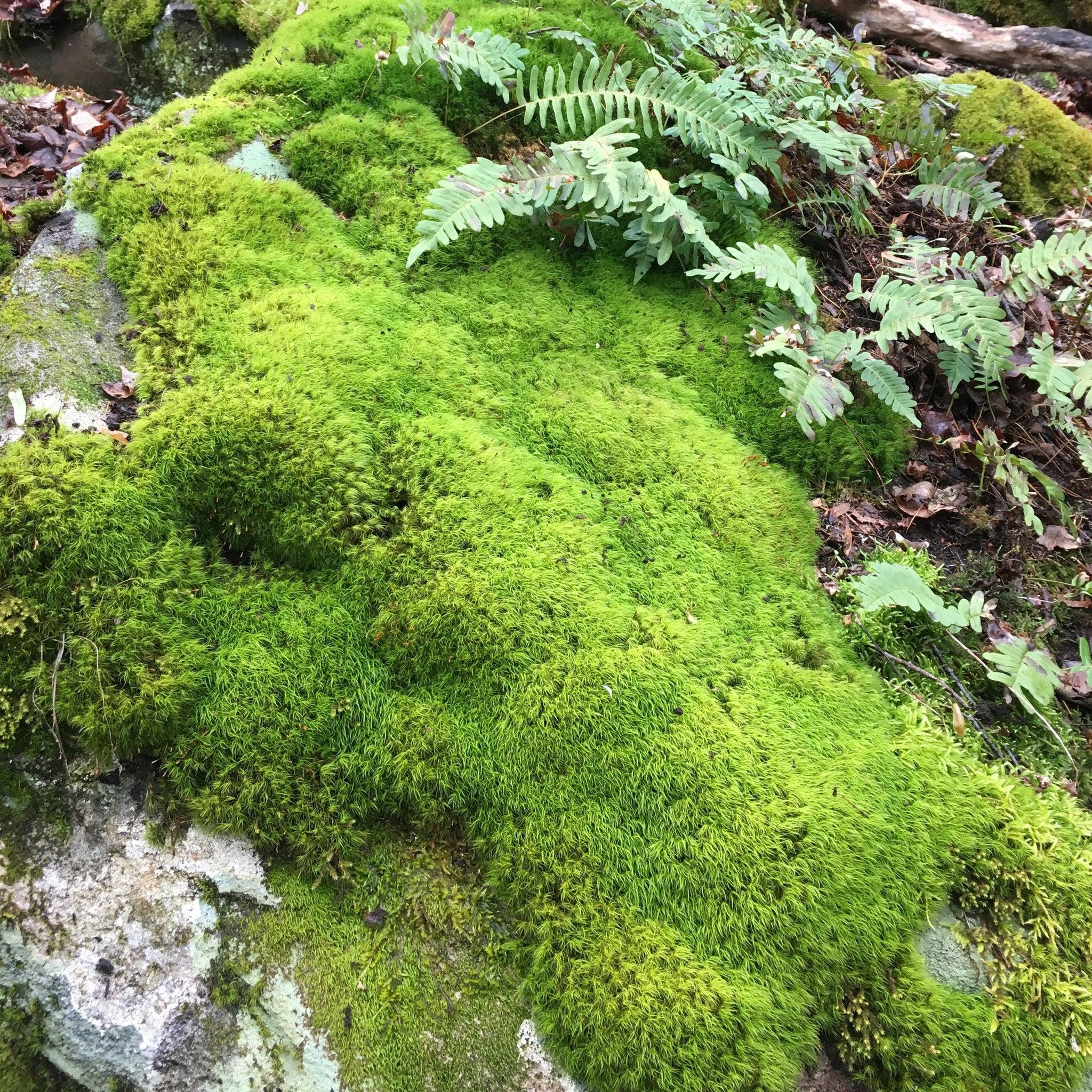
wet-dicranum-moss-spores-blue-extreme-closeup-windblown-raindrops-background-261196346.jpg from: https://www.dreamstime.com/wet-dicranum-moss-spores-blue-extreme-closeup-windblown-raindrops-background-image261196346
Introduction
The world of bryophytes, or non-vascular plants, is a fascinating one, and among its many wonders is the Dicranum angustum Lindb. moss. This unassuming yet remarkable plant belongs to the Dicranaceae family and is commonly known as Dicranum. Despite its small stature, this moss plays a crucial role in various ecosystems and has captured the interest of enthusiasts worldwide.
Background
Before delving into the intricacies of Dicranum angustum Lindb., it’s essential to understand the broader context of bryophytes. These ancient plants, which include mosses, liverworts, and hornworts, have been around for over 400 million years and are among the earliest land plants on Earth. They are often overlooked due to their diminutive size, but their importance in the natural world cannot be overstated.
Main Content
Morphology and Identification
Dicranum angustum Lindb. is a small, acrocarpous moss that forms dense, cushion-like tufts or mats. Its leaves are

Dicranum-spurium-3-750×499.jpg from: https://ohiomosslichen.org/moss-dicranum-spurium/
lanceolate (lance-shaped) and falcate (curved like a sickle), with a distinctive costa (midrib) that extends beyond the leaf tip, forming a

IMG_1302_1024x1024@2x.jpg from: https://mossacres.com/collections/mosses-for-shade/products/rock-cap-moss-clumps
hair-like awn. The sporophytes (spore-bearing structures) are relatively tall, with a curved seta (stalk) and a cylindrical capsule that nods or bends over when mature.
Global Distribution and Habitat
Dicranum angustum Lindb. is widely distributed across the Northern Hemisphere, including North America, Europe, and Asia. It thrives in a variety of habitats, such as coniferous and mixed forests, bogs, rock outcrops, and disturbed areas. This moss is particularly fond of acidic soils and can often be found growing on decaying logs, tree bases, and humus-rich substrates.
Ecological Roles and Adaptations
Despite its unassuming appearance, Dicranum angustum Lindb. plays a vital role in its ecosystem. As a pioneer species, it helps stabilize and enrich soils, creating favorable conditions for other plants to establish themselves. Additionally, its dense mats provide microhabitats for various invertebrates, fungi, and other microorganisms, contributing to biodiversity.
One of the remarkable adaptations of Dicranum angustum Lindb. is its ability to tolerate desiccation. During dry periods, the moss can curl its leaves and enter a state of dormancy, only to revive when moisture returns. This resilience allows it to thrive in environments with fluctuating moisture levels.
Case Study: Boreal Forests
In the vast boreal forests of North America and Eurasia, Dicranum angustum Lindb. is a ubiquitous presence. These forests are characterized by their acidic soils and coniferous tree species, providing an ideal habitat for this moss. Dicranum angustum Lindb. plays a crucial role in the nutrient cycling and soil formation processes within these ecosystems, contributing to their overall health and productivity.
Technical Table
| Characteristic | Description |
|---|---|
| Phylum | Bryophyta |
| Class | Bryopsida |
| Order | Dicranales |
| Family | Dicranaceae |
| Genus | Dicranum |
| Species | Dicranum angustum Lindb. |
| Common Name | Dicranum |
| Growth Form | Acrocarpous |
| Leaf Shape | Lanceolate, falcate |
| Leaf Tip | Hair-like awn |
| Sporophyte | Curved seta, cylindrical capsule |
Conclusion
The Dicranum angustum Lindb. moss, though small in stature, is a true giant in the world of bryophytes. Its ability to thrive in diverse habitats, its ecological significance, and its remarkable adaptations make it a fascinating subject of study for enthusiasts and scientists alike. As we continue to explore and appreciate the wonders of the natural world, this unassuming moss serves as a reminder of the intricate beauty and resilience that can be found in even the smallest of organisms. Perhaps the next time you venture into a forest or come across a moss-covered log, you’ll pause to appreciate the humble yet extraordinary Dicranum angustum Lindb..